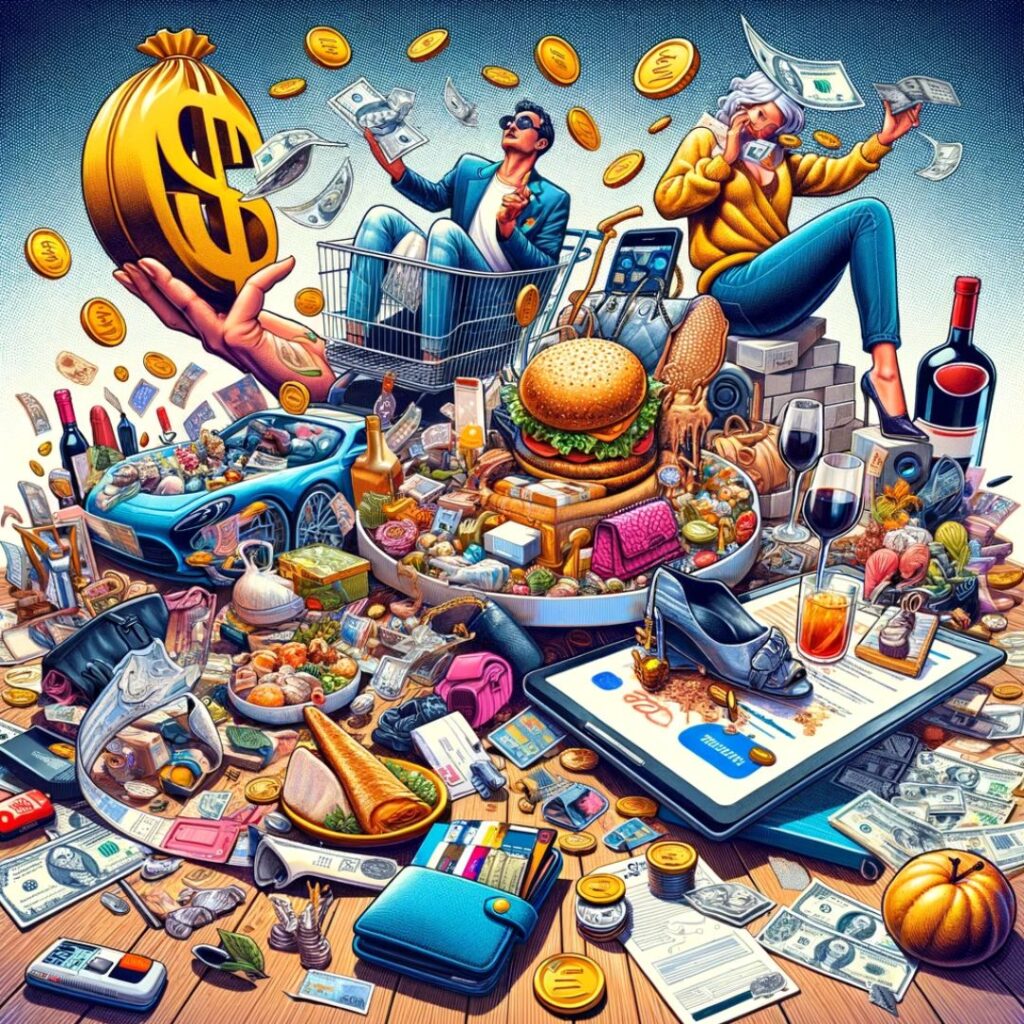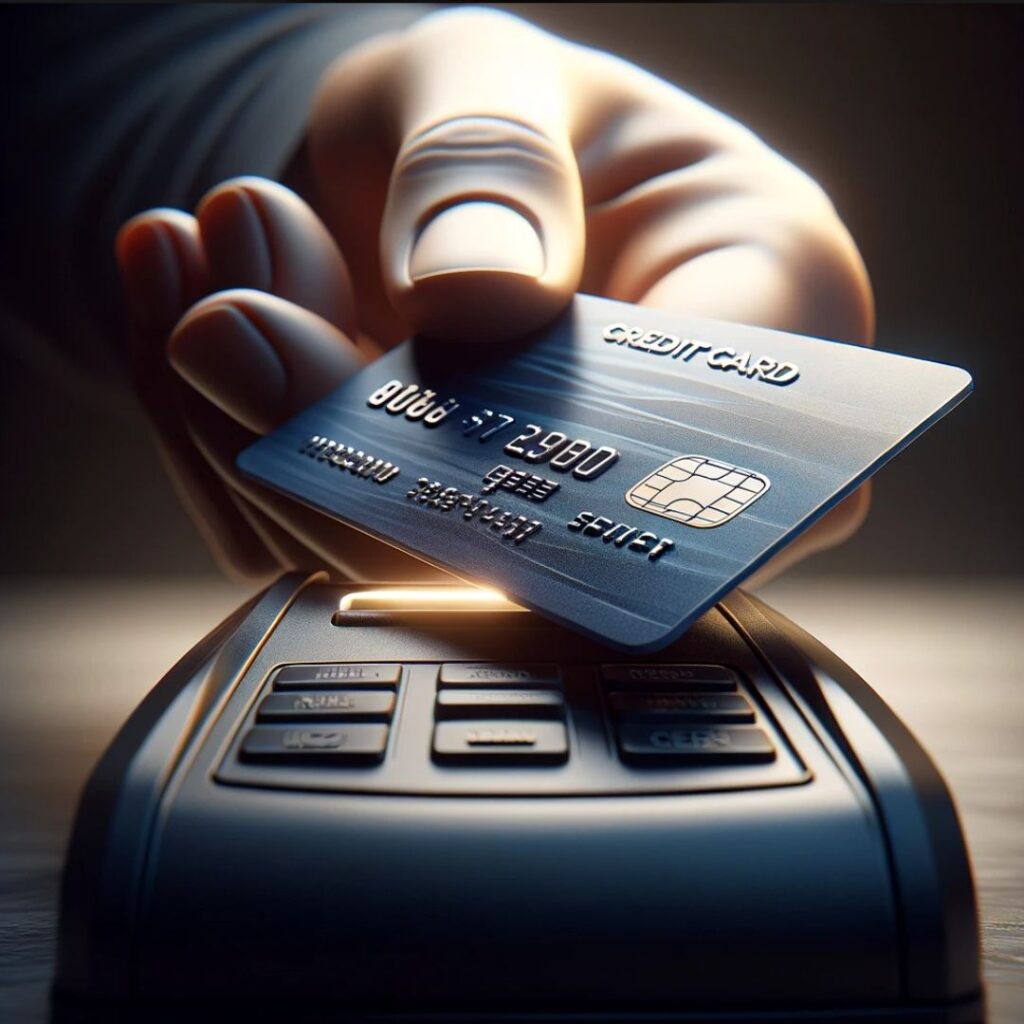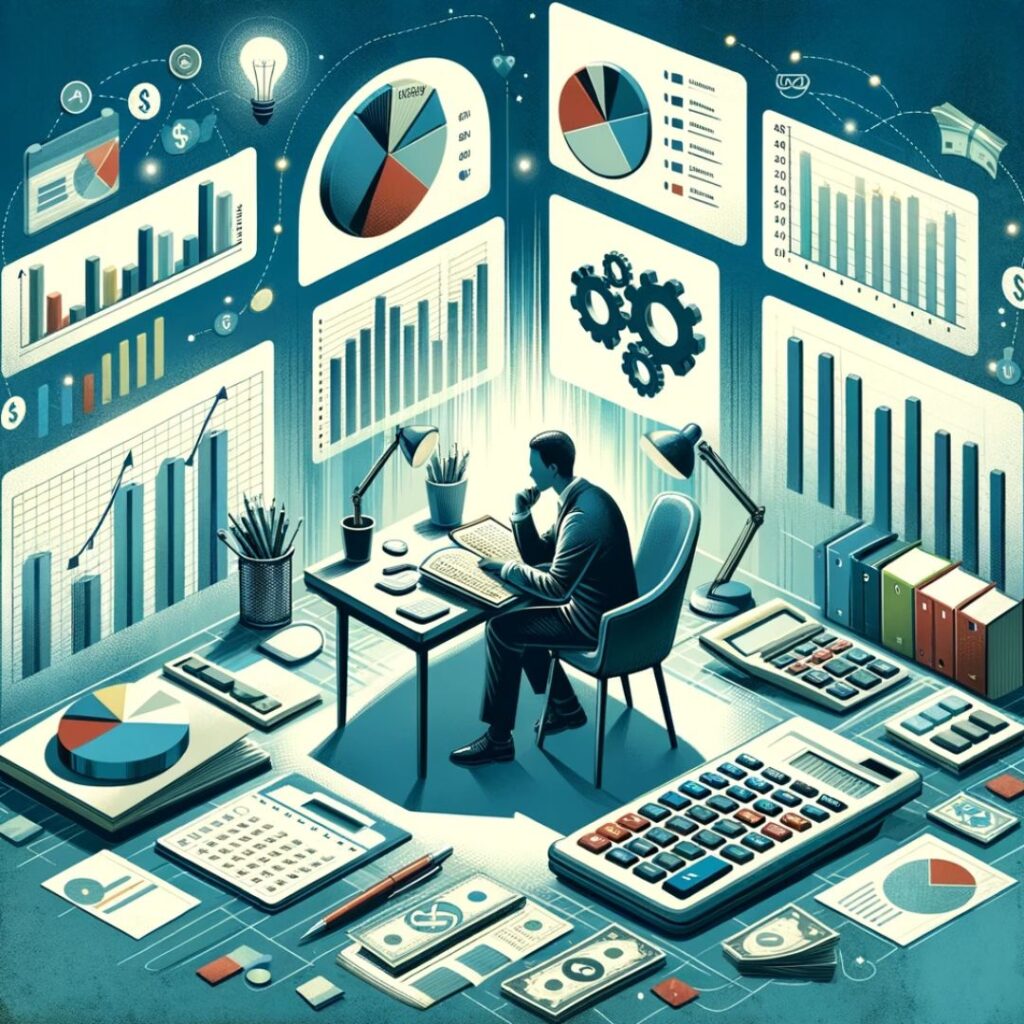In an era where the cost of living is constantly on the rise, managing your finances efficiently has never been more crucial. Yet, many of us are guilty of indulging in seemingly harmless expenses that, over time, can significantly drain our wallets. Identifying and cutting these costs can not only improve your financial health but also redirect funds toward more meaningful investments or savings. Here, we explore eight foolish expenses that are likely costing you more than you realize, offering insights into how you can avoid these financial pitfalls.
1. Daily Coffee Shop Visits
That morning latte might seem like a small luxury, but daily coffee shop visits are a prime example of a minor indulgence that adds up quickly. Spending $5 on your favorite brew each day translates to $150 a month and a staggering $1,800 a year. Consider investing in a quality coffee maker. Not only will you save money, but you’ll also enjoy the convenience of brewing your favorite cup at home.
2. Unused Gym Memberships
Signing up for a gym membership with the best intentions is one thing, but actually using it is another. If you find yourself paying for a membership you rarely use, you’re essentially throwing money away. Many people spend upwards of $50 a month on memberships they don’t utilize. Instead, cancel your membership and look into free or more affordable ways to stay fit, such as outdoor exercises, YouTube fitness channels, or app-based workouts.
3. Premium Cable Packages
In the golden age of streaming services, clinging to expensive premium cable packages can be a significant drain on your finances. With many households paying $100 or more per month for cable, switching to streaming services could save you hundreds of dollars a year. Most streaming platforms offer a wide range of entertainment options at a fraction of the cost of traditional cable.
4. Eating Out Frequently
Dining out is another expense that adds up more quickly than many realize. The convenience of grabbing a meal on the go can lead to a hefty monthly expenditure. By cooking at home, you not only save money but also gain control over your dietary choices. Planning your meals and cooking at home could cut your food expenses in half, allowing you to allocate those savings to other financial goals.
5. High-Interest Credit Cards
Credit cards can be a useful financial tool if used responsibly. However, carrying a balance on high-interest credit cards is one of the fastest ways to accumulate debt. The interest charges alone can significantly add to your owed amount, making it harder to pay off the balance. Consider transferring your balance to a card with a lower interest rate or focusing on paying down this debt as quickly as possible to avoid these charges.
6. Impulse Purchases
We’ve all been guilty of making impulse purchases at some point. Whether it’s the latest tech gadget or a sale item we couldn’t resist these unplanned buys can quickly derail our budgets. To combat this, try implementing a 24 or 48-hour rule before making non-essential purchases. Giving yourself time to think over the purchase can help you decide if it’s truly necessary or just a fleeting desire.
7. Subscription Services
From streaming platforms to monthly subscription boxes, the convenience and allure of subscription services can be enticing. However, it’s easy to lose track of these recurring charges, and before you know it, they’re taking a sizable bite out of your budget. Take time to audit your subscriptions regularly and cancel any that you no longer use or need. You might be surprised at how much you can save.
8. Fast Fashion
The fashion industry is notorious for encouraging the continuous consumption of the latest trends. However, fast fashion not only has a significant environmental impact but can also be a drain on your finances. Investing in quality pieces that last longer rather than constantly updating your wardrobe with inexpensive, trendy items can save you money in the long run. Plus, it’s a more sustainable choice.
Recognizing and Addressing Foolish Expenses is Key
Recognizing and addressing these foolish expenses can lead to substantial savings and a healthier financial future. By making mindful decisions about where your money goes, you can prioritize spending on things that truly matter to you and build a strong financial foundation. Start today by evaluating your spending habits and making the necessary adjustments. Your wallet—and your future self—will thank you.
Read More
- 10 Crazy Things Rich People Include In Their Budget
- Nearly 60% of Parents Provided Assistance to Their Adult Children Last Year


















